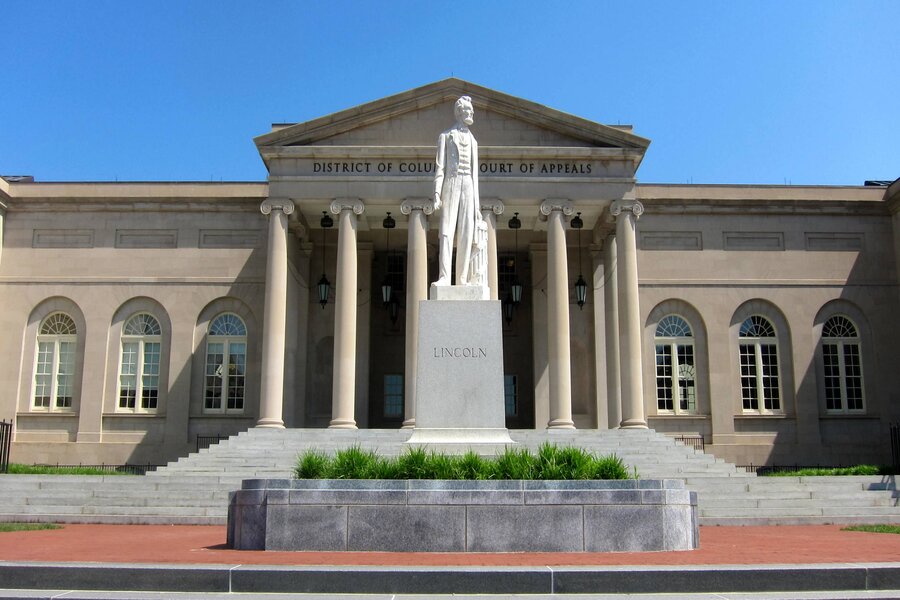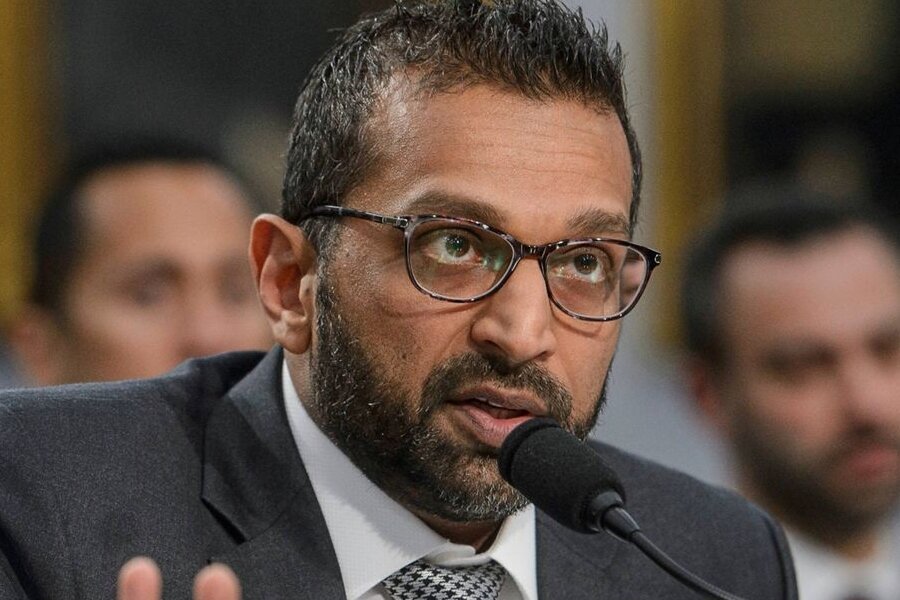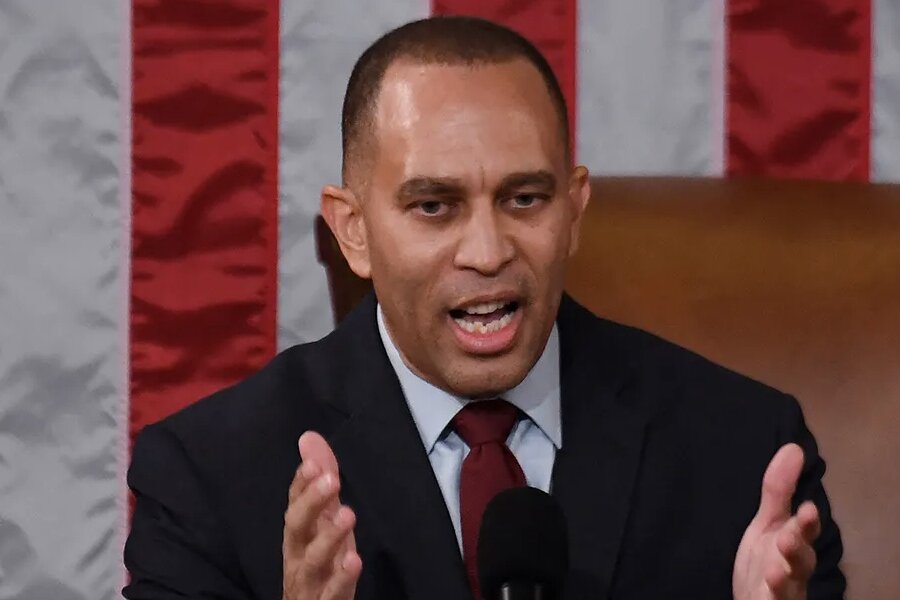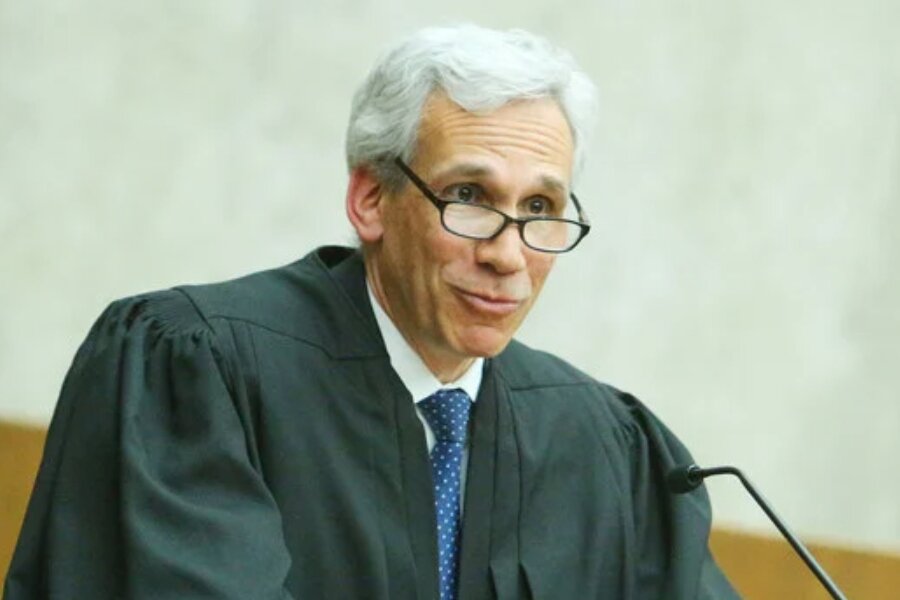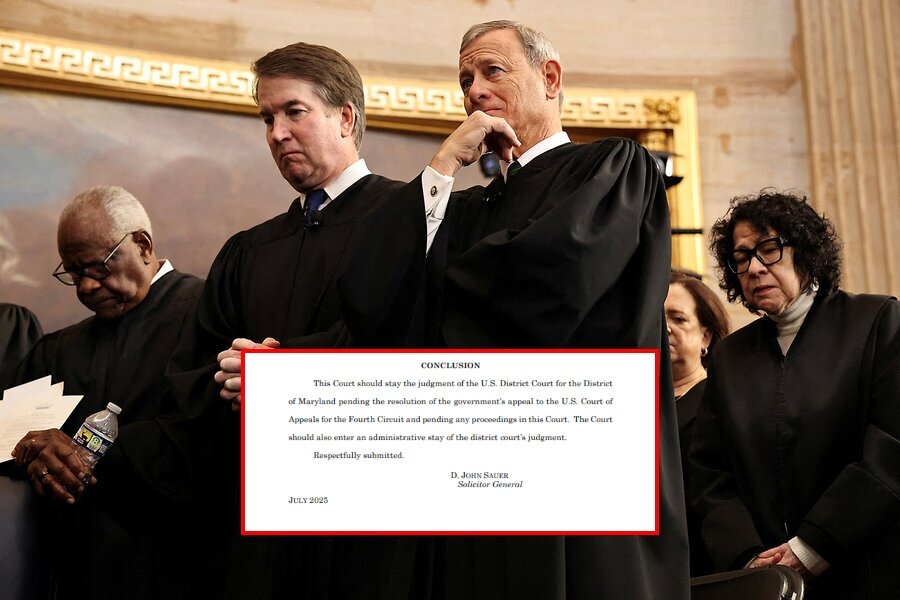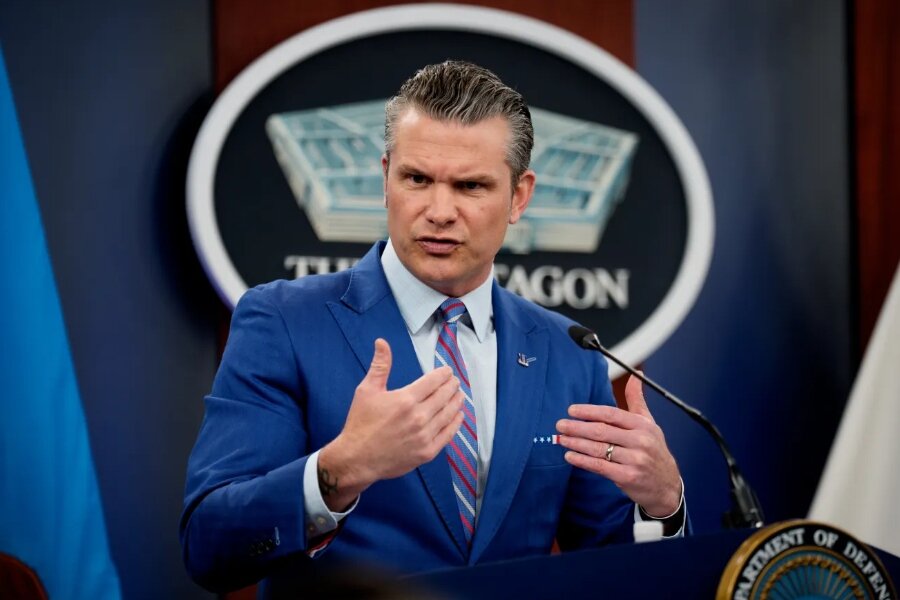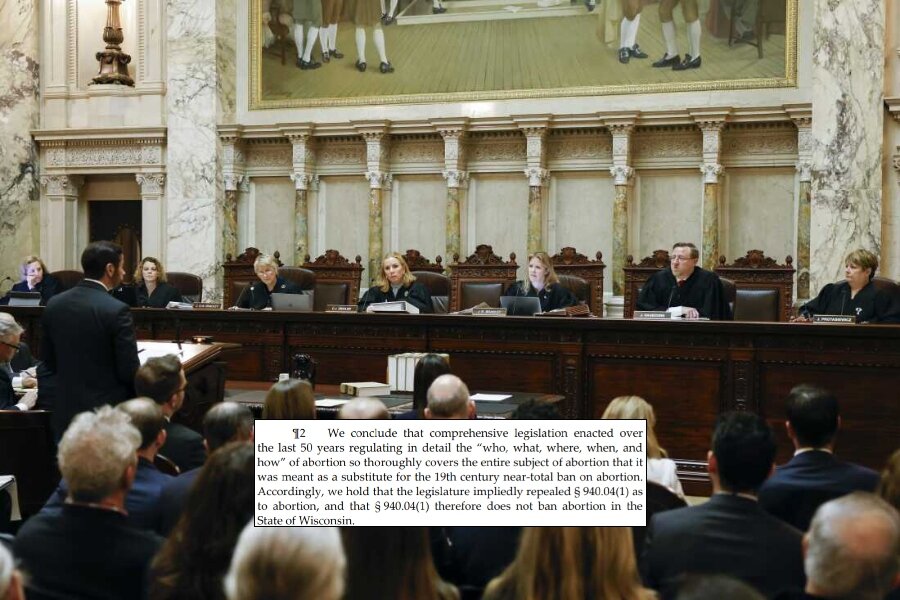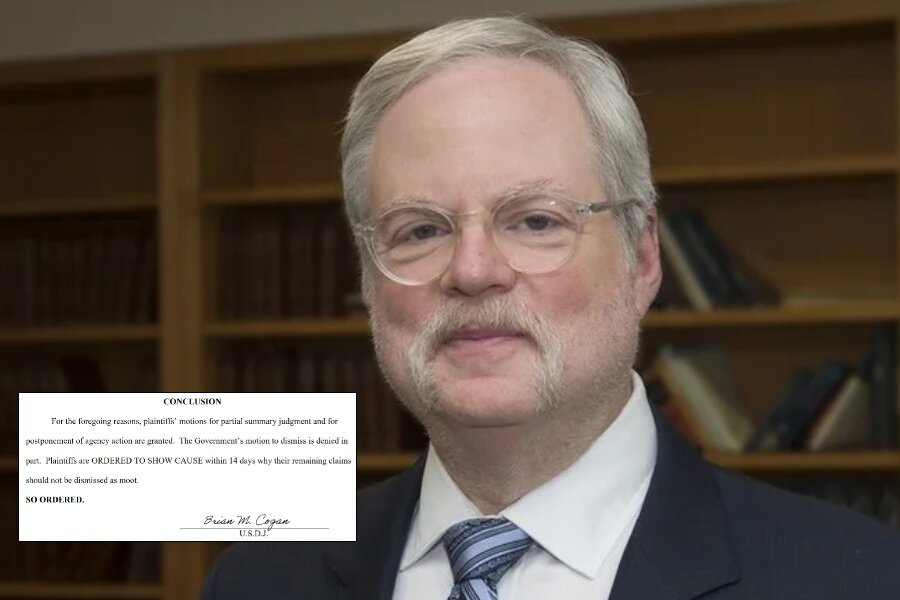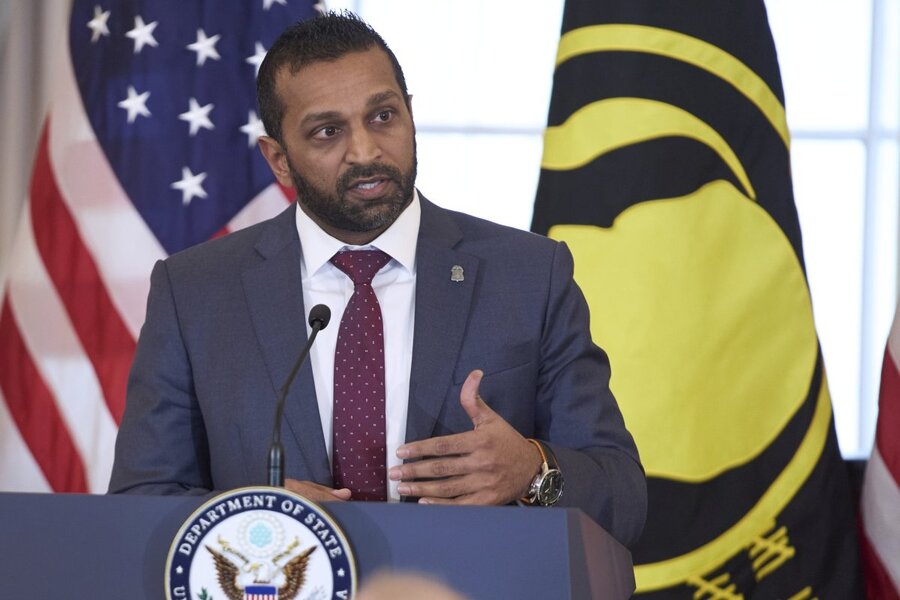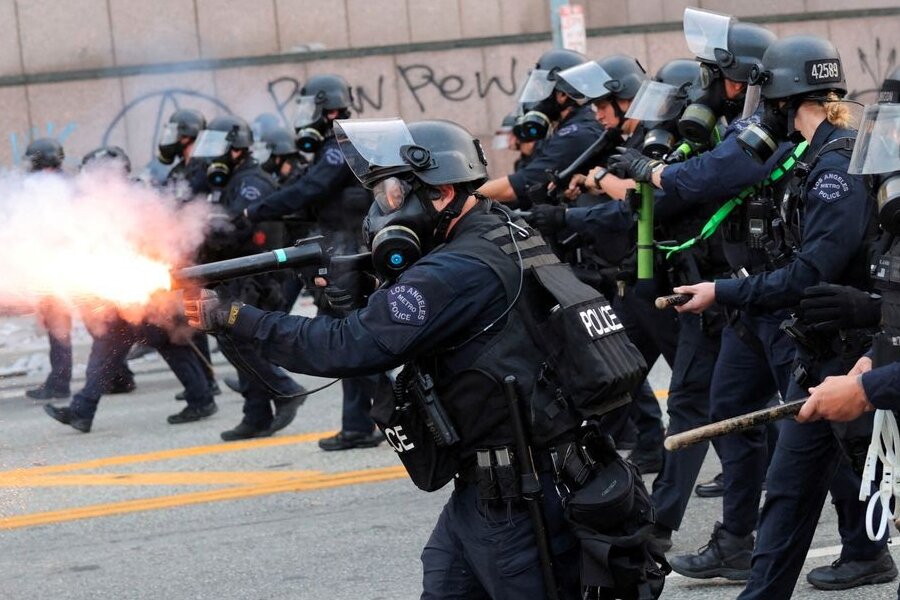A federal judge has denied prosecutors’ request for a warrant to search the phone of a woman charged in the January 6, 2021, U.S. Capitol breach. The judge ruled against the request because prosecutors approached him instead of the judge who had previously denied a similar application.
U.S. Magistrate Judge Michael Harvey, based in Washington, denied the request on May 14, stating that the government’s action amounted to “judge shopping”—an attempt to “manipulate the judicial system to find a judge likely to rule in its favor.”
Earlier this year, prosecutors requested permission from U.S. Magistrate Judge Autumn Spaeth, based in California, to search the phone of social media influencer Isabella DeLuca. On March 14, Judge Spaeth denied the request, stating that the government had “failed to establish probable cause.”
The following day, FBI agents arrested Isabella DeLuca in California. The phone was then transported to Washington, where government officials submitted a new warrant request to Judge Michael Harvey.
Judge Michael Harvey explained that when dealing with a federal ruling, there are generally two options: requesting the original judge to reconsider the decision or filing an appeal.
“Going to another court to seek a more favorable outcome from a judge of coordinate jurisdiction is not one of the options. Yet that is what the United States Attorney for the District of Columbia has done here,” he said.
In a memorandum supporting their request for a warrant, prosecutors stated they sought to search the phone because evidence suggests that Isabella DeLuca recorded video while inside the Capitol on January 6.
Prosecutors argued that the denial in California “does not prevent this court from issuing the requested search warrant under the Fourth Amendment and Federal Rule of Criminal Procedure 41.” They further stated that the judge in Washington “must issue the search warrant” if he finds the application meets the requirements of the amendment and the rule.
“The denial of the search warrant—despite all the requirements being met—deprives the government of crucial evidence in an ongoing investigation,” they said.
Anthony Sabatini, the lawyer representing Isabella DeLuca, argued against granting the warrant, stating that doing so would “lead to an enormous increase in ‘magistrate shopping’ in this district.” He emphasized that “generally, a cause of action may not be relitigated once it has been judged on the merits.”
Judge Harvey, who, like other magistrate judges, was appointed by other judges, stated that the government clearly attempted to bypass Judge Spaeth’s denial rather than submitting an updated application to her. He noted that government lawyers, in their briefs, argued that Judge Spaeth had overlooked key facts and described parts of her ruling as “misguided.”
Issuing a warrant under the circumstances is not required, he said. It would actually be a violation of Rule 41, he said.
“The undersigned does not find anything in Rule 41 to suggest that the proper procedure is to ask a different magistrate judge in a different jurisdiction for a better result. It would surprise the undersigned if the intent of Rule 41(b)’s fluid venue provisions for search warrants of movable property was to provide the government with license to do what it did here, that is, brush aside the denial of a warrant application to try again with a different magistrate judge located in what the government perceives as a more favorable district,” the judge wrote.
“Indeed, the Supreme Court has ‘expressed a concern for ‘magistrate [judge] shopping’ in the context of search warrant applications.'”
The judge suggested that if the government thinks it can’t request reconsideration from Judge Spaeth because the phone is now in Washington, it could return the phone to California.
He characterized the ruling as simply rejecting the warrant because of the “judge shopping” strategy and revealed that he had spoken with Judge Spaeth, who, he said, is open to hearing from the government.
A spokesperson for the U.S. Attorney’s Office for the District of Columbia declined to provide a comment.
“The denial was the right decision and we welcome it,” Mr. Sabatini said.
Isabella DeLuca stated on social media platform X that she believes the government is attempting to search her phone “in an attempt to find new offenses to charge me with, or trump up my existing charges.”
“Neither will happen,” she added. “So when do I get my phone back?”
Isabella DeLuca, who previously worked for several members of Congress, has been charged with theft of government property, parading in a Capitol building, and disorderly conduct in both a restricted building and the Capitol, as per court records that were unsealed.
Prosecutors stated that surveillance footage depicted a woman resembling Ms. DeLuca inside the Capitol on January 6. They alleged she assisted individuals in stealing furniture from the premises, including a lamp.
Ms. DeLuca posted on social media acknowledging her presence at the Capitol on January 6.
She has entered a plea of not guilty to all charges.
Share your thoughts by scrolling down to leave a comment.

